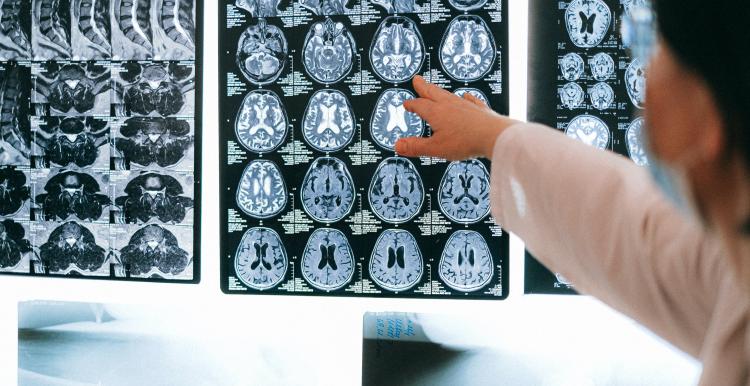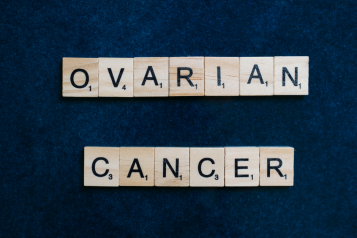Brain size does not determine how clever you are

However, it did have denser connections between brain areas, and scientists think that the connections between areas and their efficiency more important than size.
What else do you know about your brain?
For Brain Awareness Week we want to share some interesting facts.
Your brain is fully developed by the age of 18. Is that true?
Your brain continues to develop into your adulthood. The prefrontal cortex does not fully mature until we reach our mid – twenties.
The brain is the fattiest organ in the body. True or false?
Your brain is 75% water. The other 25% of your brain is solid tissue and is a minimum of 60% fat.
Who has the largest brain?
Sperm whales have the largest brain of any living species!
Learn more about your brain here.
A brain tumour can affect any of us.
People of all ages can get a brain tumour, including children. They are caused by a growth of cells in the brain that multiples in an abnormal, uncontrollable way.
There are two main types of brain tumours:
- Non cancerous (benign) – classed as ‘low grade’ meaning they grow slowly and are less likely to return after treatment.
- Cancerous (malignant) – ‘high grade’ tumours’ that either start in the brain or spread into the brain from elsewhere.
You can find more information about specific types of brain tumours by visiting the Cancer Research UK website.
What are the symptoms of a brain tumour?
Symptoms can vary depending on the exact part of the brain affected, but common symptoms include:
- Headaches
- Seizures or fits
- Persistently feeling sick, being sick and drowsiness
- Mental or behavioural changes, such as memory problems or changes in personality
- Progressive weakness or paralysis on one side of the body
- Vision or speech problems
If you’re worried in any way, please chat to your GP.
Do you know anyone who has a brain tumour?
Are they (and their family) getting the support that they need?


